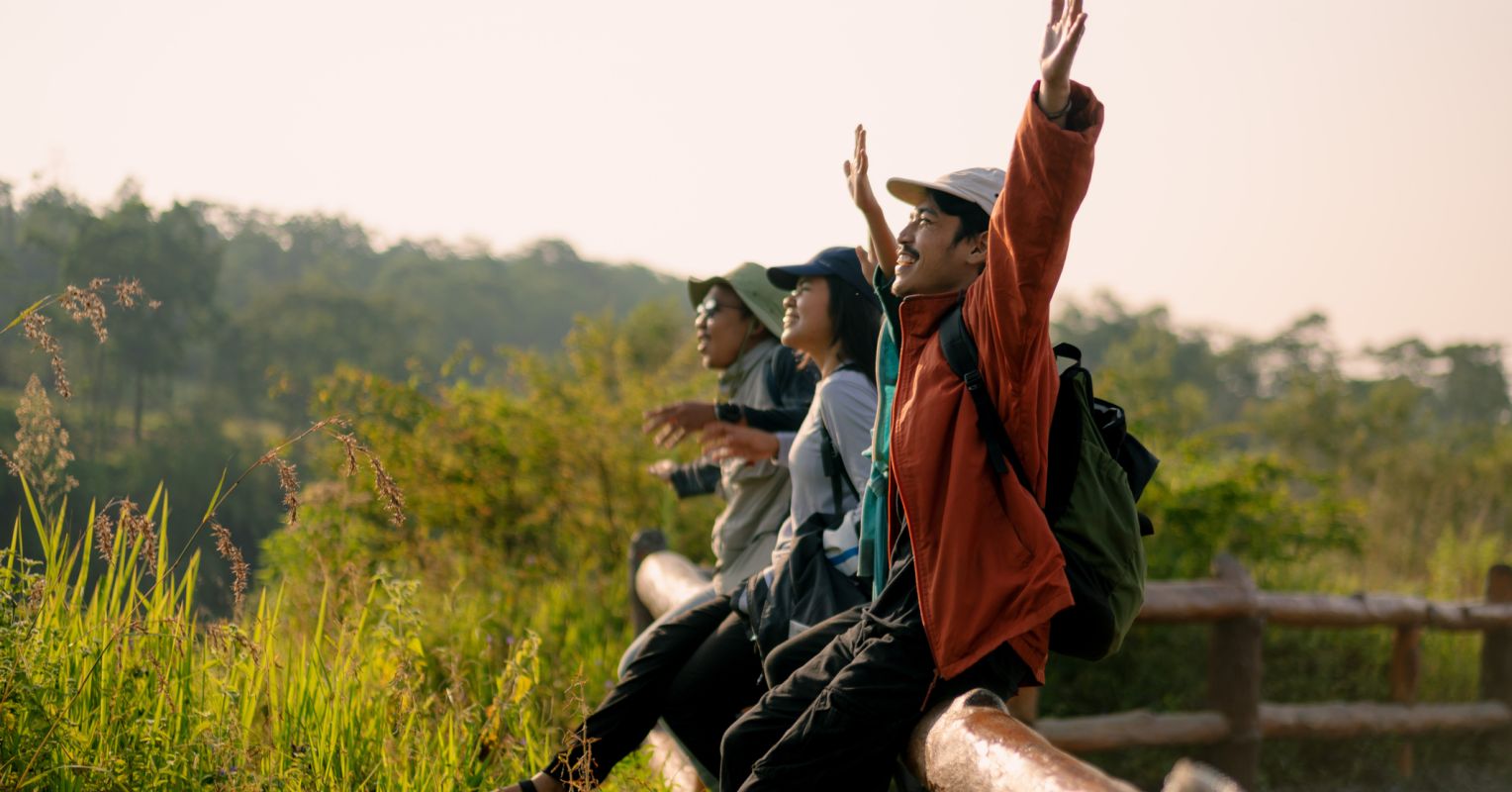
"The researchers arrived at this conclusion by looking to several proxy indicators-including a drop in the frequency of nature words (like river, moss, blossom) in books as well as analysis of other trends like urbanization, reductions in everyday exposure to wildlife, and evidence that parents are less frequently passing on habits of connection to nature to their children. The researchers forecast that, absent major change, we're headed for what we might call an "extinction of experience.""
"This has serious implications for our ability to solve environmental problems. Our personal bonds with nature can shape how we take care of our local ecosystems as well as how we act on bigger issues like climate change-including the choices we make as voters and consumers. Yet disconnection from nature also affects our shared future in less obvious ways. Our personal relationship with the natural world is indispensable for our mental health and even our connection to one another."
"Human-nature connection has dropped 60 percent since 1800-what researchers call an "extinction of experience." Disconnection from nature harms health, trust, and belonging. Green spaces, land-based learning, and tech can help rebuild connection. Belonging in nature means care, reciprocity, and shared responsibility. When we talk about belonging, it's natural to assume that we're talking about human relations-how we fit into our families, friend groups, schools, workplaces, and society."
Humanity's everyday connection to nature has declined by more than 60 percent since 1800, measured using proxies like reduced frequency of nature words in books, urbanization, and lower everyday wildlife exposure. Reduced intergenerational transmission of nature habits compounds the decline. This erosion of experience undermines civic and consumer choices on environmental issues and weakens local ecosystem care. Disconnection also harms mental health, social trust, and sense of belonging, contributing to loneliness and fraying community life. Restorative approaches include expanding green spaces, land-based learning, and technology that fosters nature contact. Belonging in nature requires care, reciprocity, and shared responsibility.
Read at Psychology Today
Unable to calculate read time
Collection
[
|
...
]